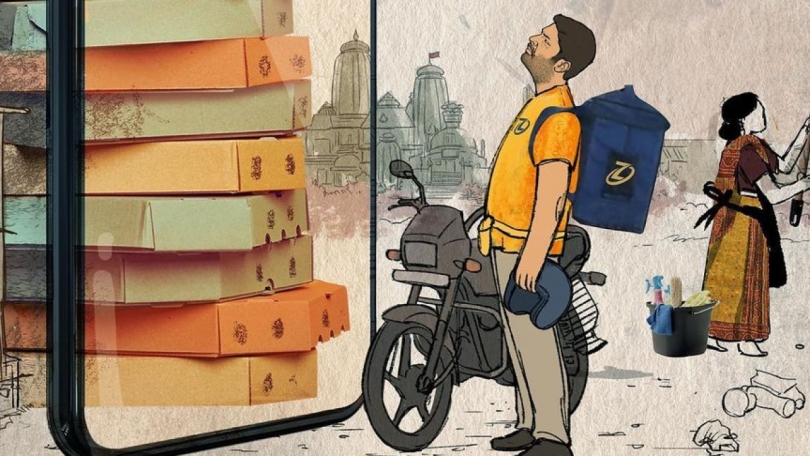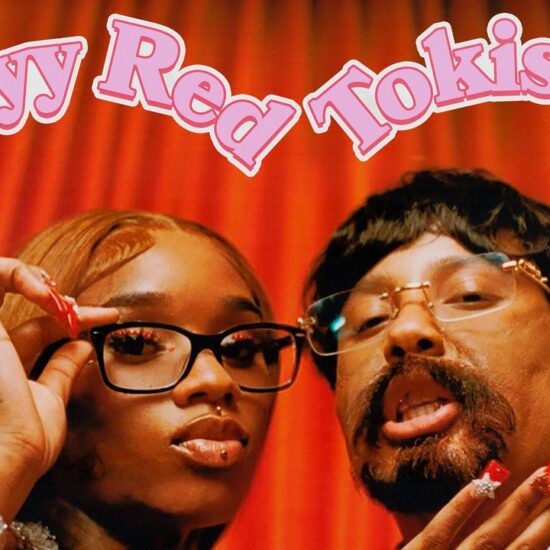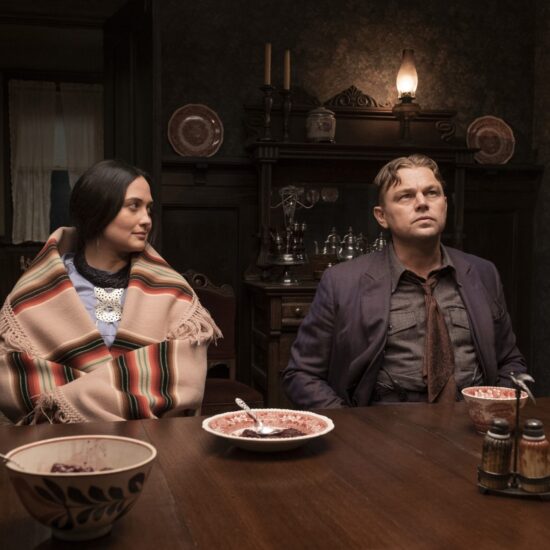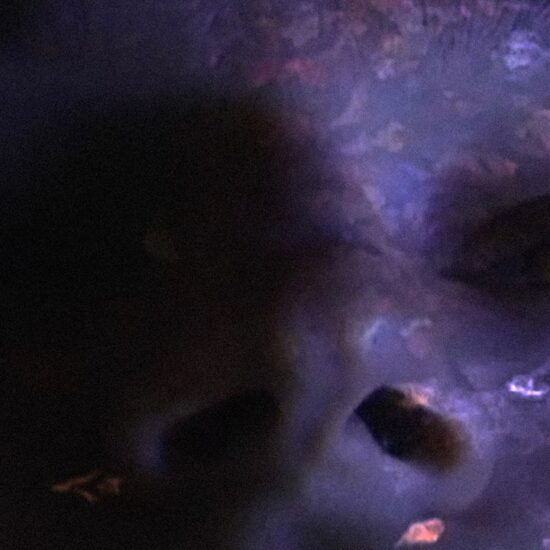
Zwigato, Review: Wobbligato
Too good to be true-life, Zwigato might have been inspired by true incidents. The narrative does try to convey that feel. At first, it sucks you in with its no blemish couple and their ideal family. But then the layers come off one by one. There are tropes galore, masquerading as plot points. Is the film narrating the story of a food delivery boy, with interesting twists and turns, or is it taking the delivery boy as a prototype and making him go through the motions that any other delivery boy would? In the process, we see a lot of Bhubaneshwar, the capital city of Odisha state, director Nandita Das being of Odiya blood. Aditya Birla Group’s Applause Entertainment, headed by Sameer Nair, which backed the film, has delivered a film with little or no applause. And whatever incentive the Odisha government gave to the project will have to be quickly written off.
A surreal beginning later, we learn that the protagonist of the film, Manas, a former factory floor manager, is now a delivery-boy for the food delivery US multinational, Zwigato. With number of deliveries, targets, ratings, incentives, punishments and other built in aspects of the job, and very low payments, he finds it difficult to make both ends meet. His family consists of his mother, his wife Pratima, a son and a daughter, both school-going. Though the pre-teens children are mischievous, Pratima is an angel, and looks after Manas’s mother extremely well, though she old-lady suffers from incontinence. Riding a motor-cycle, Manas has to shell out the petrol money, and petrol prices are sky-high, further eating into his savings.

Pratima wants to contribute to the family kitty desperately, and manages to get a job as a masseuse. Being on the thinner side, and sari-clad, she is greeted with suspicion by her first client, but she manages to pass muster. Word-of-mouth references get her more assignments, but they are not enough. She wants a permanent, high-paying job. Meanwhile Manas has hit a bad patch. After losing his temper at a snobbish, arrogant client, he gets an only-to-be-expected bad rating, so bad that he is blocked out of the App altogether. Also, he gets involved with a revolutionary movement, and keeps looking for Sugam, a one form access across all government jobs. Sadly, Sugam exists only in his imagination.
As co-writer, with Samir Patil (Mice, Leeches), Nandita Das has served us quite a concoction. Various tracks emerge as the film unfolds, but they do not lead anywhere. An open end is the least of these, and quite acceptable, unlike the mish-mash that precedes it. There is a surreal dream that is repeated later in the film, in a shorter version. Taken at face value, it has no meaning. And Nandita does not integrate it with the rest of the film. The attempt at making a political statement, through a leader and a meeting, is merely a base. Yes, loud music is used to drown the leader’s voice, and when they start singing on the microphone, and the power supply is cut-off. So what’s new? A plain-clothes official is trying to nab a Muslim, who is part of the revolutionary group. The track ends there. Anything new about that? Screenplay-wise, the story does not move forward from ‘delivery boys are an exploited lot.’
Director Nandita Das (Firaaq, Manto) did not, on this occasion, implement the credo that half the battle is won with meticulous casting, something she managed quite well in Manto. One does not hold his comedy shows on TV against him and Zwigato is not his first feature film. You might have seen Kapil Sharma (born Kapil Punj) in Bhavnao Ko Samjho (2010), Kis Kisko Pyaar Karoon (2015), and Firangi (2017). I have seen Kis Kisko, and Kapil fell short there. But he just does not convince as a delivery-boy, though not for want of trying. Shahana Goswami is a fine actress, yet there is no chemistry between Kapil and Shahana. Swanand Kirkire delivers long, revolutionary lines with élan. But it is a memorised, theatrical delivery. You do not blame him, for that is all he has to do. Except for one minor indiscretion on the part of Kapil, the couple are the stuff dreams are made of, though, sadly, uni-dimensional. The same can be said of the bit players. Moreover, the film lacks structure and effective mise en scène. The one shot of Kapil snuggling in his mother’s lap is among the few that stay with you after the film, as does the climax. The animation that follows as the end credit titles roll is cute, but offers no incentive to stay back.
What could have been a change of image for Kapil Sharma falls short in characterisation. He does, however, impress with his ability to emote. A completely deglamourised Shahana (Firaaq, Ra.one, Tu Hai Mera Sunday) Goswami is much more convincing as Pratima and carries out even the most embarrassing scenes with aplomb, even convincing in the masseuse track. Gul Panag’s cherubic countenance adds colour to the proceedings. Debtosh Darjee plays the Zwigato front office staff, and Debabrata Pattanayak is cast as the Zwigato receptionist, who have to deal with a host or irate Riders. Both are Okay. Sayani Gupta, as a Zwigato Regional Head, begins by exuding sympathy, only to deliver the final blow to Manas’ career. She does what was expected of her, and does it quite well. On a website, the cast includes ShahRukh Khan. How did I miss him? Others in the cast include Tushar Acharya, Zishan Ali, B M Baisali, Monalisa Bal, Bishan Balabhadra, Gargi Bhattacharya, Neelambari Bhattacharya, Chiranjib Biswal, Jaya Biswas, Yuvika Brahma, Arjun Das, Dilip Kumar Das, Manoj Das, Rayaansh Das and Jugal Debata.
Music (background score) by Sagar Desai is odd. There is nothing outstanding by Cinematographer Ranjan Palit, and film editors Nirmal Gala (DI Production Head), Ashirwad Hadkar (DI Colourist), but thanks to Jabeen Merchant for keeping the length to 105 minutes. And most of it fleets past faster than usual because the camera follows a scooter rider. But the ride is not entirely smooth. Taking a cue from music, Zwigato is not an obbligato, but rather a wobbligato.
Rating: **














